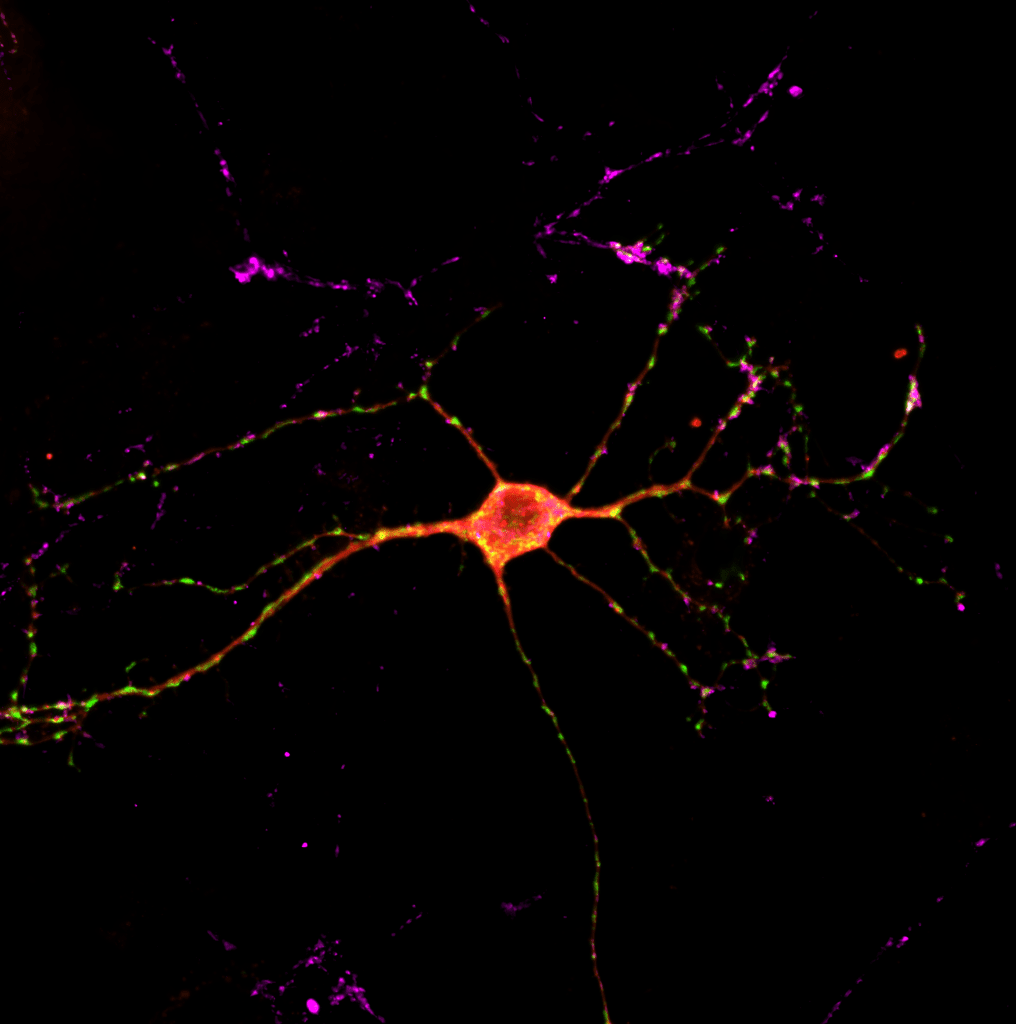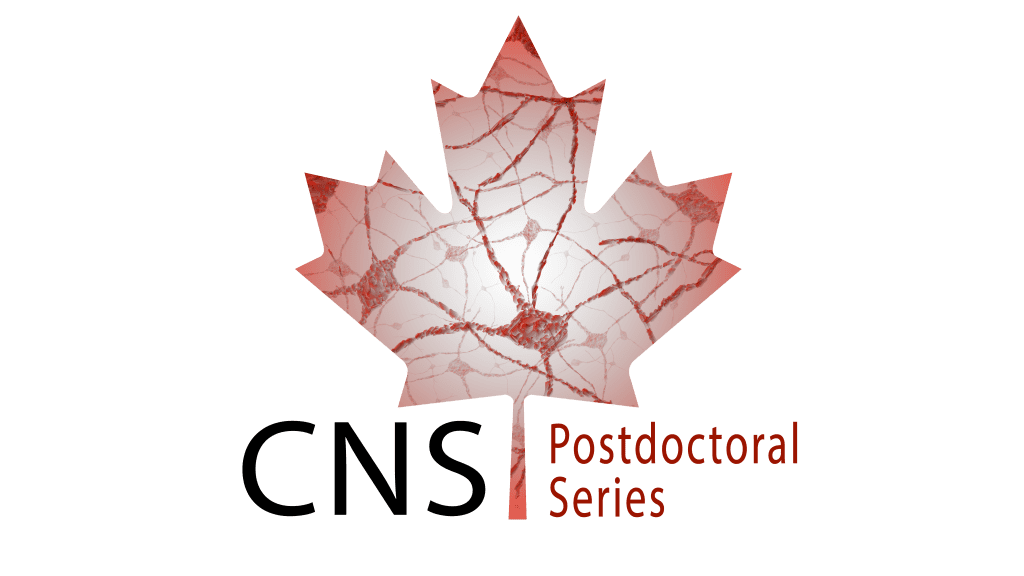The Vincent Breton-Provencher lab (VBPLab) at the CERVO Brain Research Centre at Université Laval in Québec City, Canada, invites applications for a fully funded Postdoctoral Position. Our research group, founded in 2021, is dedicated to advancing our understanding of the neuronal mechanisms of learning and decision-making. We are particularly excited to recruit a promising scientist to investigate the interplay between neuromodulatory systems and cortical processing during foraging behavior.
Project Overview:
The successful candidate will lead a project investigating the neuronal processes supporting the encoding of reward expectation during foraging. While crucial for survival, the precise neuronal mechanisms governing this fundamental behavior remain poorly understood. Utilizing in vivo electrophysiology, optogenetics, and computational methods, this project aims to elucidate how prefrontal cortex neurons form short-term memories of reward to guide an animal’s actions. The research will examine interactions between prefrontal neurons and other brain regions, including the noradrenergic and dopaminergic systems. This project aligns with our lab’s focus on the influence of neuromodulatory systems on learning. Relevant publications include: Breton-Provencher and Sur, Nat. Neurosci. 2019; Breton-Provencher et al., Nature 2022; and Bouchard et al. bioRxiv 2025.
Our lab is equipped with advanced tools such as high-density electrophysiological recording systems, two-photon imaging, optogenetics, transgenic mouse lines for targeting specific neuronal subtypes, and behavioral rigs. We strongly encourage candidates interested in developing novel behavioral assays or analytical methods, particularly those keen on creating new paradigms for foraging behavior in freely moving mice.
Requirements:
- Ph.D. in Neuroscience or a related field.
- Proficiency in one or more of the following: in vivo electrophysiology, two-photon imaging, animal surgery, behavioral design, programming languages (Python/MATLAB), and data analysis.
- Expertise and productivity in neuroscience research.
- Independence in research, creative problem-solving skills, and a collaborative mindset.
- Strong communication skills and the ability to work effectively within a team.
Lab Environment:
Our lab fosters a collaborative, supportive, and intellectually stimulating environment that encourages creativity, scientific rigor, and innovative thinking. Composed of individuals from diverse backgrounds including physics, engineering, biology, and neuroscience, our young lab offers abundant opportunities for professional growth and strongly supports independent research. We provide comprehensive support for various career paths, both within academia and industry. The lab is situated in Québec City, a location renowned for its safety, affordability, and family-friendly atmosphere.
Funding:
The project is funded by a Project Grant from the Canadian Institutes of Health Research (CIHR; 2024-2029). Additionally, candidates are highly encouraged to apply to funding opportunities for international post-docs available through the Québec (e.g., FRQS) and Canadian (e.g., CIHR) funding systems. Note that applications for these funding opportunities are typically submitted in the Fall. The lab is also currently supported by the US Department of Defense, NSERC, CFI, FNFR, and the CERVO Research Centre.
Interested candidates of all backgrounds should submit a cover letter describing their past research, research interests, and career goal, along with a curriculum vitae.
Vincent Breton-Provencher
Assistant Professor
Department of Psychiatry and Neuroscience, Université Laval
vbplab.com
Contact information:
Vincent.breton-provencher@cervo.ulaval.ca








